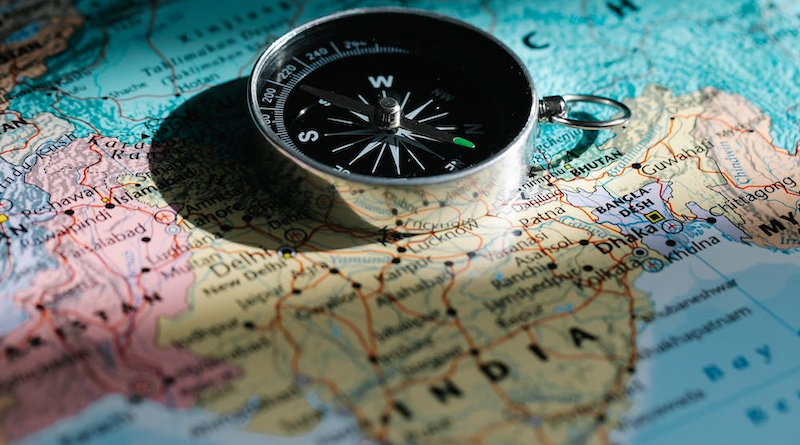Reconciliation Or Rift: Charting Pakistan’s Path Forward – OpEd
In the aftermath of the 2024 General Elections in Pakistan, the country finds itself at a crossroads, where the path towards reconciliation among political parties emerges as not just a choice but a necessity. The elections have painted a complex picture of Pakistan’s political landscape, with independent candidates, many affiliated with Former Prime Minster Imran Khan’s PTI, capturing a significant number of seats along with Former Prime Minister Nawaz Sharif’s party PMLN and Former President Asif Zardari’s party PPP in the lead. This outcome, underscores a fragmented yet vibrant democratic process, reflecting a diverse range of public opinion and political allegiance.
This variance in electoral outcomes reflects a clear message from Pakistan’s electorate: a willingness for their leaders to transcend conventional rivalries and ideological lines in order to build a government capable of effectively addressing the country’s critical concerns. The necessity for reconciliation among all political bodies is more than just a matter of political expediency; it is a direct reflection of the public’s will—an appeal for togetherness in the face of hardship.
The political scenario evolving needs parties to navigate an environment in which no single entity wields total control. This scenario needs communication, compromise, and, eventually, collaboration among all political parties. The development of a coalition government, as indicated by the gathering of leaders from six major political parties, including the PPP, PMLN, and others, represents a step in this direction. Their willingness to work together to “steer Pakistan out of its current crisis” demonstrates a sense of their combined responsibility to the country.
The relevance of forming a cohesive government extends beyond political stability. It is about developing an inclusive, representative governance model capable of implementing the necessary changes to meet Pakistan’s economic issues, ensure social welfare, and improve public services. This collaborative approach is the only realistic way to use the varied abilities and perspectives across the political spectrum for the greater benefit. This reconciliation process serves as a healing tool following a difficult election marred by allegations of fraud and public protests. By working together, political parties may restore public trust in the electoral process and strengthen democracy by establishing a precedent for constructive political participation and consensus building.
It is essential to understand here that the participation of PTI-backed independents in the government formation process could be instrumental in bridging divides and ensuring a broad-based government that reflects a wide array of public sentiments and priorities. Engaging with all stakeholders, including those with differing viewpoints, is crucial in fostering a political climate where diverse voices are heard and considered in national decision-making.
The economic consequences of political instability are severe. Investors and markets benefit from predictability and stability. By forming a government, Pakistan’s political leaders may send a strong signal to local and international observers that the country is committed to pursuing a clear economic program. This unity has the potential to attract investment, boost economic growth, and address the severe concerns of unemployment and inflation, ultimately improving the lives of millions of Pakistanis. In this setting, the role of civil society and the media in promoting conversation and understanding cannot be overemphasized. As democratic watchdogs, these organizations must promote openness, hold leaders responsible, and foster an informed public conversation that prioritizes reconciliation and collective action over division.
The aftermath of the 2024 General Elections presents Pakistan with an opportunity to redefine its political landscape through reconciliation and unity. The establishment of a government that reflects the different ambitions and demands of the Pakistani people is not only advantageous; it is required. As political parties traverse this critical juncture, the driving concept should be national wellbeing, which goes beyond mere political gain. Through concerted efforts, Pakistan may realize its full potential, assuring security, prosperity, and a brighter future for all of its people. This historical moment serves as a call to action for Pakistan’s leaders to exemplify the maturity, vision, and inclusivity that the occasion requires. It is time for all parties to work together, for unity contains the strength to overcome obstacles and usher in a period of continuous peace and growth.

